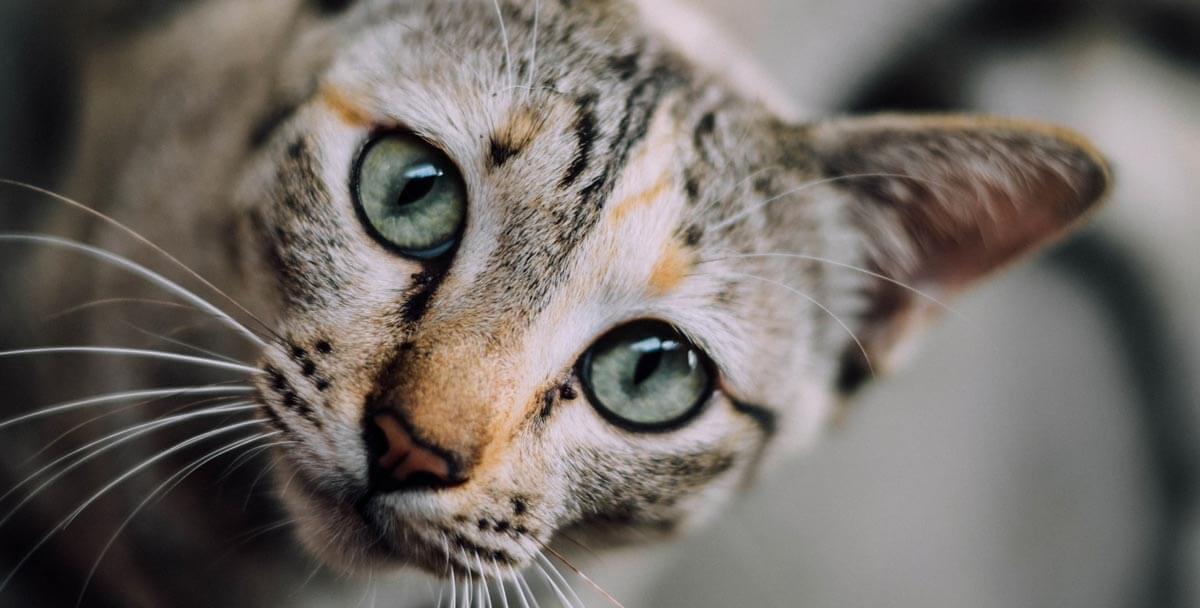
Urinary problems are one of the most common health issues in cats, especially feline interstitial/idiopathic cystitis (FIC), more commonly referred to as just cystitis. Cystitis can cause symptoms which can be traumatic for you and your cat. Interestingly, while most common cat injuries are the result of something physical, cat cystitis is one of the few diseases to commonly have a mental cause.
What are the symptoms of cat cystitis?
Cat cystitis is the inflammation of the bladder which results in a urinary tract disease. Causes of the inflammation are largely unknown, although stress is believed to play an important part, and the disease affects male and female cats. Unfortunately, the disease causes painful urination and disrupts their toilet habits. Cruelly, with cats being such clean and habitual creatures, this disruption only serves to heighten their stress, confounding the problem even more. Common symptoms include:
Attempting to urinate more than usual
Struggling to urinate/passing small volumes
Bloody or discoloured urine
More vocalising and licking because of pain
Urinating outside the litter tray and around the home
Drinking more often (to account for the more frequent urination)
How can I treat my cat’s urinary infection?
At James Wellbeloved, we advocate always going to your vet for any medical treatment. This goes for cat cystitis, too. Sometimes cystitis can be accompanied by urinary crystals which will usually require a clinical Urinary diet to help dissolve any crystals which are present. If your vet diagnoses solely cystitis, they will usually prescribe pain medication which can also help reduce any inflammation in the bladder and possibly antibiotics to help with any infection which may be present. As cystitis can be a chronic disease, it can be brought about by long-term causes (normally stress related), as the owner, you can try and help reduce any stress.
How can I reduce my cat’s stress?
Diagnosing what exactly is causing your cat to feel stressed can be tricky, but there are a number of things you can do to make their home life more comfortable:
Take extra time to interact with your cat and keep them mentally stimulated and exercised. Frequent exercise arouses the muscles and keeps the weight down (overweight cats are more prone to urinary complaints). Equally, providing your cats with interactive toys keeps them mentally engaged, which can distract from any negative mental states. It’s also a great bonding technique which will help your cat feel more comfortable around you.
- Make sure your cat’s food, bed and litter tray are in quiet areas of your home, with as little through-traffic as possible. If you have another pet, keep them away from this area, too. Cats like to have a tidy space for themselves, and distractions of other people or animals invading that space can be enough to make them reject it.
If you have a dog or a small child, encourage your cat to relax in high spaces by placing cushions in the appropriate spots; your cat will enjoy having somewhere they can relax without fear of other reaching them. Equally, some cats like finding dark, hidden spaces to curl up in when they want to have some alone time. Unless of course, your cat is very comfortable with your dog or children.
If they are urinating more frequently, they may be messing their litter tray more often, too, and cats prefer to do their toilet business in as clean-a-space as possible. The more you clean the tray, the less stressed your cat will feel about using it.
Sometimes cats don’t always like the substrate used in their litter tray – if you have noticed that your cat is avoiding the litter tray we would recommend trying different substrates to see if your cat prefers it. Always having one more litter tray to how many cats are in the house is another useful tip (for example if you have 2 cats, have 3 litter trays in different areas of the house and not close to the food/water bowls)
What is the best food for cats with urinary problems?
While any changes in diet should be approved by your vet first, they may recommend switching to wet food to increase water intake or as mentioned previously, a special diet to help dissolve any urinary crystals which may be present. Finally, ensure fresh water is constantly available to your cat. Regular drinking is not only important to keep your cat hydrated, but encouraging urination will help keep the bladder and urinary tract functioning properly while the body recovers from the infection. It is recommended to keep the water bowl away from the food bowl as cats tend to prefer this and to have multiple water bowls around the house to encourage as much drinking as possible.

Related Articles








